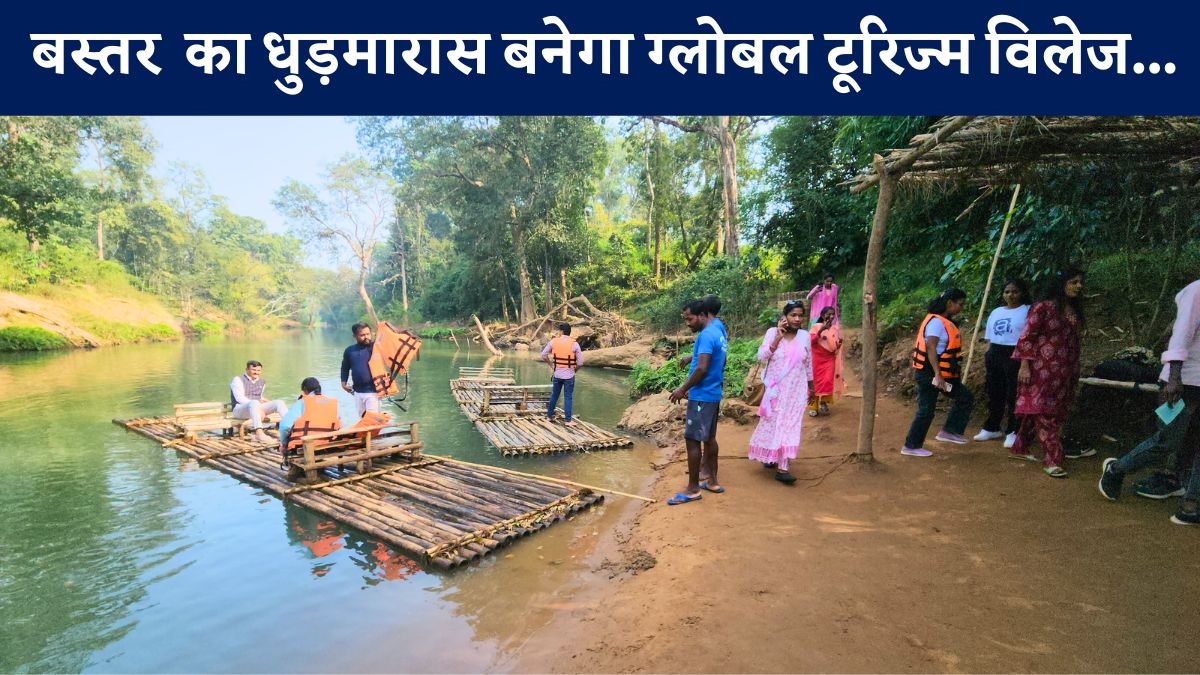Gurugram’s Aravali Region to Welcome ‘Leopard Park’ and Jungle Safari on 15-Kilometer Stretch
A comprehensive plan to protect a 15-kilometer stretch of the Aravalli Hills, spanning from the Bandhwari landfill to Damdama Lake in Gurugram, is set to unfold, including the establishment of a remarkable “Leopard Park” in Behrampur village.
This ambitious endeavor, a joint effort by the forest department, district administration, Gurugram Metropolitan Development Authority (GMDA), and Municipal Corporation of Gurugram (MCG), is primarily focused on creating a 15-kilometer jungle trail connecting these two designated points.
The region in question has been vulnerable to encroachments by private landowners who have sometimes disregarded construction regulations. Drawing inspiration from the successful Jhalana Leopard Safari Park in Jaipur, the concept of the Leopard Park aims to mitigate incidents of leopards straying into urban areas. The GMDA has also revealed plans to conduct a feasibility study for the introduction of a leopard safari within the park.
This initiative has gained urgency due to various instances of human-wildlife conflicts in recent years, including the tragic lynching of a leopard in Mandawar in 2016 and numerous hit-and-run accidents resulting in the unfortunate demise of 12 leopards over a 15-year span.
According to reports, an organization will be tasked with conducting an extensive study of the Aravallis. The findings will then be presented to the Aravali Rejuvenation Board, overseen by the deputy commissioner, responsible for safeguarding the Aravali hills against activities like mining and environmental degradation.
The proposed leopard conservation zone is expected to include vital amenities such as watering holes and solar pumps for water supply, advanced camera traps, and the cultivation of indigenous grasslands. Additionally, plans are underway for a watchtower and an interpretation center to enhance the overall visitor experience.
To garner valuable insights for the Gurugram project, GMDA officials have organized an excursion to the Jhalana Leopard Park in November, inviting representatives from various government departments and development authorities. The overarching goal of the GMDA is to promote responsible eco-tourism and wildlife awareness without disrupting the natural habitat. Furthermore, involving the local community in the conservation of native flora and fauna is expected to reduce human-animal conflicts and create employment opportunities.
Leopards in the region frequently traverse between the Aravallis in Gurugram and Faridabad, the Asola Bhatti Wildlife Sanctuary in Delhi, and the Sariska Tiger Reserve in Rajasthan. However, rapid urbanization in these areas has significantly disrupted their natural habitats, resulting in an upsurge in conflicts between humans and leopards.
The number of confirmed leopard sightings in Gurugram and its neighboring districts has been steadily increasing in recent years. In 2022 alone, there were five confirmed sightings, compared to two each in 2020 and 2021, underscoring the urgent need for initiatives that promote coexistence and conservation.






